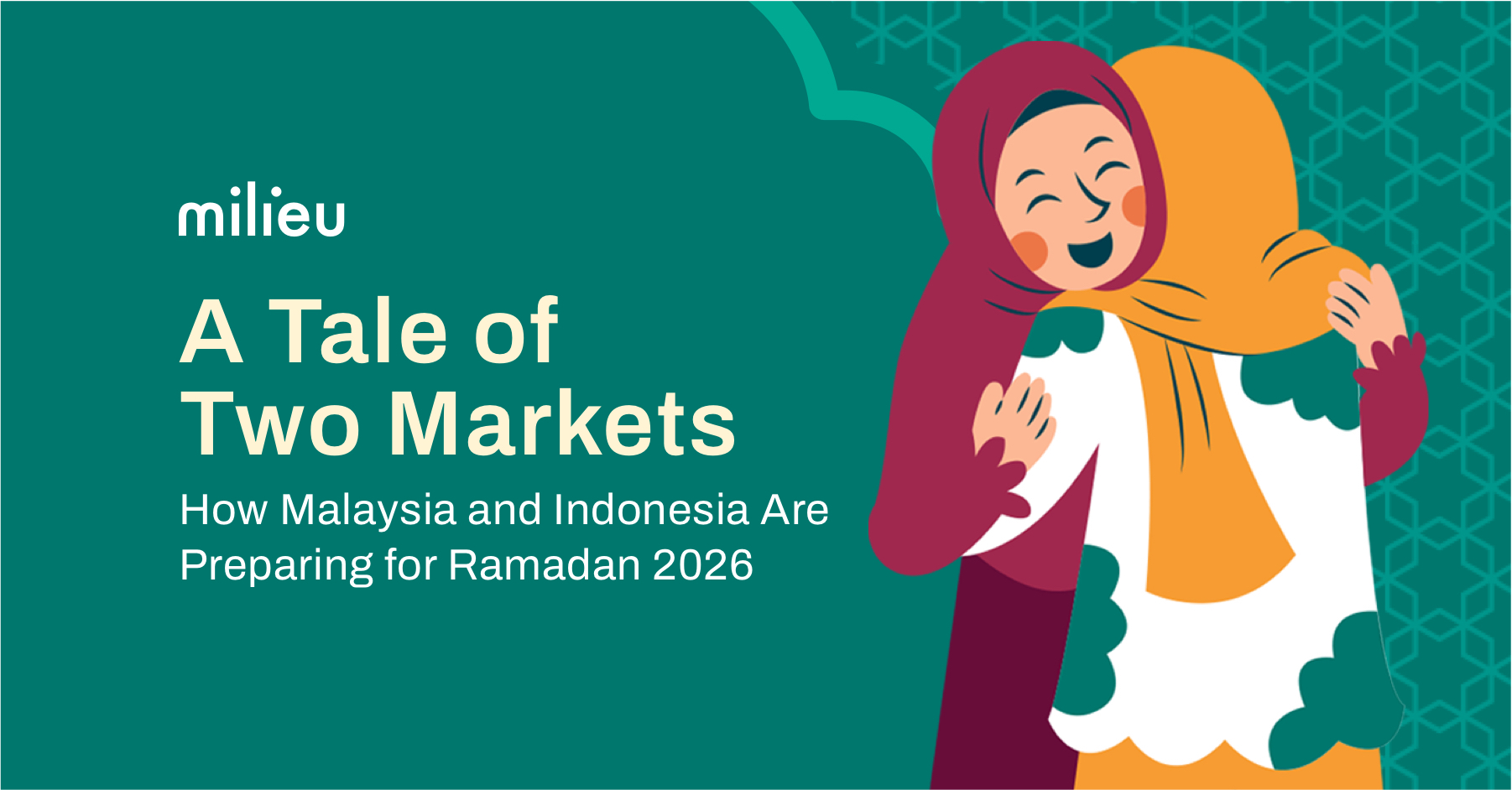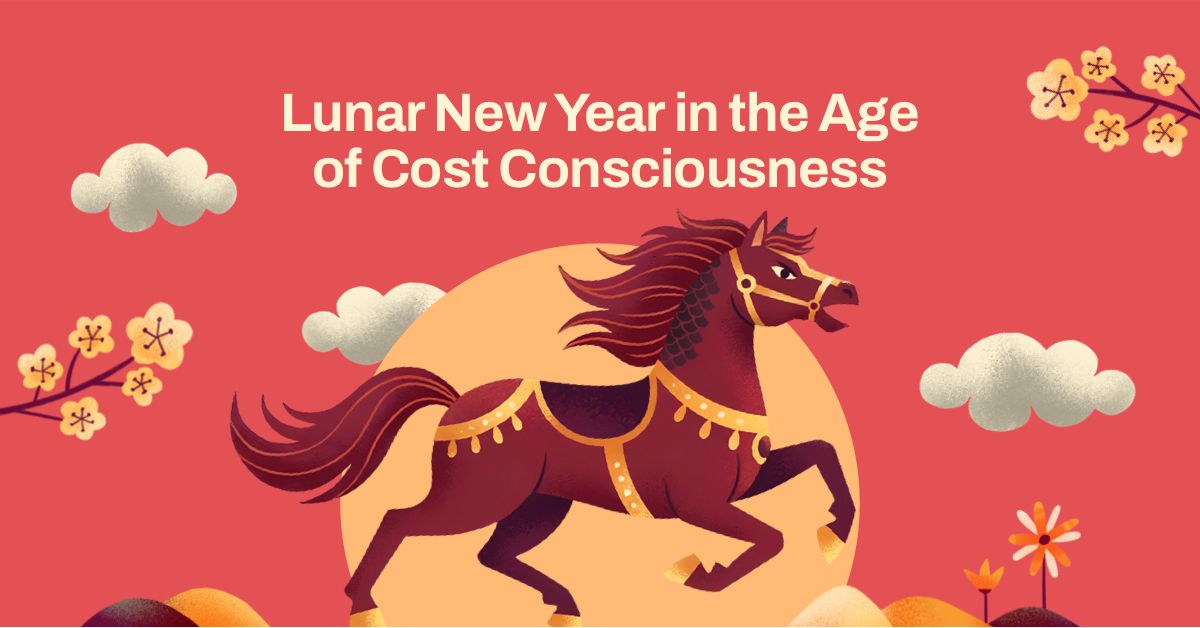3 in 4 HR professionals experience burnout at least once a month.

- A new survey conducted by Intellect and Milieu Insight revealed only one third (32%) of HR respondents believe their company gives high or very high importance to employee mental health.
- Intellect launches its #Canyouhearme campaign to spotlight the state of HR professionals’ mental wellbeing.
An onslaught of organisational changes and looming economic downturn is taking its toll on Human Resources (HR) professionals in the form of burnout, exhaustion and poor mental health. A study into the mental health of HR professionals in Singapore has identified that 75% say they experience ‘burnout’ at least once a month.
With employees globally experiencing heightened rates of burnout, it is unsurprising that 41% of HR professionals rated their mental health to be “fair,” “poor,” “very poor,” “extremely poor.” Of those surveyed, many said they do not have access to the necessary tools to combat this emotional fallout and lack recognition for their work, resulting in increased levels of fatigue.
This study was conducted by Intellect, Asia Pacific’s largest mental health technology company, in partnership with Southeast Asian consumer research company, Milieu Insight, and surveyed 150 HR professionals across Singapore.
Through the following insights, Intellect aims to help employers understand how to better support HR teams and empower them to perform their best at work through its new #Canyouhearme campaign, which spotlights the wellbeing challenges faced by HR professionals.
Addressing HR and employee burnout
While numerous factors have contributed to burnout and fatigue among the workforce - including financial and geopolitical uncertainties, Covid-19, and a potential global recession on the horizon - the glamourisation of productivity and the “rise and grind” mentality has taken its toll on the region’s workforce - especially HR teams and younger employees.
While 59% of HR professionals described their mental health as ‘excellent’, ‘very good’ or ‘good,’ 75% feel burnt out at least once a month - and 41% of them say they are burnt out at least once a week. Unfortunately, only one third (32%) of HR respondents believe their company gives high or very high importance to employee mental health. In fact, while 51% of HR professionals say their employer provides them with mental health resources, less than half (44%) are satisfied with these.
A large part of supporting employee mental wellbeing is normalising conversations about mental health in the workplace. However, the study finds that a majority of HR professionals do not openly broach this topic at work, with just 19% bringing it up once a month; 27% talking about it “a few times a year or less”, and 26% never discussing mental health.
Empowering HR relies on building a supportive workplace environment
Ultimately, employers need to work to address the root cause of this worrying HR and employee burnout and stress, putting in place systematic solutions via organisational-level interventions. However, this is easier said than done when HR professionals already feel overworked and unable to perform their best in their roles. While 59% of HR professionals described their workload as ‘heavy’, not all of them feel responsible for employees’ mental health (50%) - even though only 27% indicated that addressing this is one of their job responsibilities.
There is also a general feeling of catching up to expectations among HR professionals, who claim they can’t effectively do their jobs. When asked what they believe is expected of them at work, 83% indicated “performing their best,” 60% said “completing their tasks within working hours”, and 55% said “doing their best for employees”. However, of those who listed “performing their best” as a perceived expectation of them at work, only 61% were able to effectively do so. Likewise, of those who said “completing their tasks within working hours, only 41% were able to do so and only 41% of those who believed they needed to “do their best for employees” were able to do so, reflecting the impact of burnout on business productivity. We also found that close to half of HR professionals who expected to get enough rest and leisure time were unable to do so (42%) and only half of those who expect to be able to personally practise wellbeing tips could do so effectively (50%).
Dr Oliver Suendermann, Vice President, Clinical, of Intellect, said: “This has been an important study to be a part of to gain a deeper understanding of HR professionals’ mental health and its impact on the organisation as a whole. The results are telling – businesses must expand mental wellbeing support to HR teams to ensure they are able to become strategic partners tasked with taking care of employees and ensuring they remain engaged. An empowered HR workforce is more likely to realise their full potential at work and bring greater value to their team.”
Stephen Tracy, Chief Operating Officer of Milieu Insight, said: “These findings serve as an important reminder that, when we think about mental health at the workplace, we can’t forget about the HR professionals who are on the frontlines. With three out of four HR professionals in Singapore stating they experience burnout often, business leaders need to ensure they have the right mechanisms in place to support their HR team.”
Intellect’s #Canyouhearme Campaign
Insights from Intellect’s latest study closely follows its Hustle Culture survey released in September 2022, which found half (51%) of employees in Singapore report an average to poor quality of life, and the lowest levels of engagement and job satisfaction.
Theodoric Chew, Co-founder & CEO of Intellect, said, “Human resource teams are extremely crucial to how an organisation functions, even more so in current times. At Intellect, we aim to address this by initiating open mental health-related conversations in the workplace, increasing employee engagement and ultimately long-term business performance. The #Canyouhearme campaign is our first step in shining a spotlight on HR professionals’ current state of wellbeing, and how this might impact organisations as a whole. Therefore, we’ve co-created with our partners and experts a full-stack platform to enable businesses and HR to proactively support employees’ mental health through a personalised continuum of care.”
.avif)





